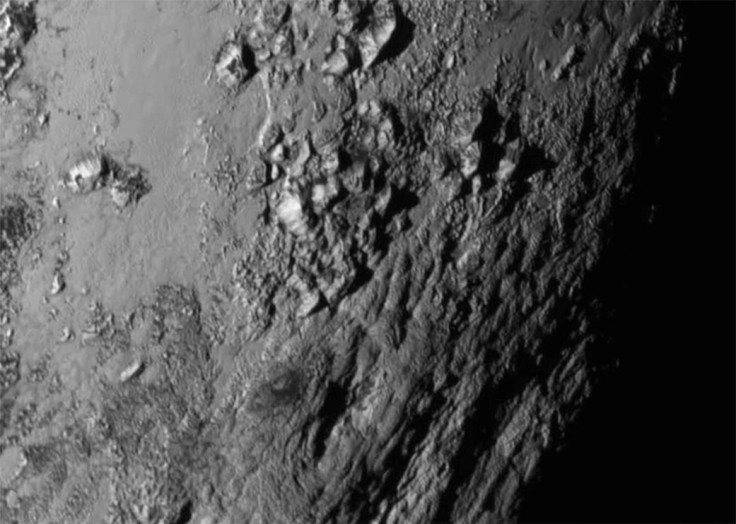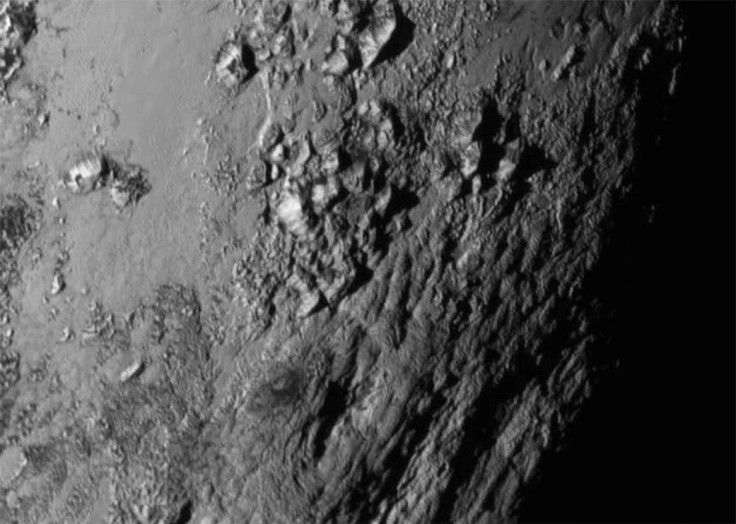Should Pluto Be A Planet? Dwarf Status Should Be Promoted, Scientists New Campaign Says

Hovering on the edge of the solar system, Pluto has undergone something of an existential crisis since being discovered 87 years ago. The icy sphere was originally designated the ninth official member of the planetary family, only to be demoted to “dwarf planet” status in 2006. More than 10 years later, some scientists want Pluto to get its old title back.
A team of scientists led by Kirby Runyon, a doctoral candidate at Johns Hopkin’s University, launched a campaign Tuesday to change the classifications that make a celestial body qualify as a planet, according to Reuters.
Read: What Makes A Planet A Planet? NASA Unveils Discovery Beyond Solar System
In a paper presented at an interplanetary science conference in Texas on Tuesday, the team argued that the current International Astronomical Union’s definition of a planet was subpar and that more emphasis should be placed on geological properties like shape and landscape.

“If you’re interested in the actual intrinsic properties of a world, then the IAU definition is worthless,” Runyon told Reuters.
The IAU’s current definition states that an object can only be called a planet if: it is in orbit around the sun, has enough mass to assume a round shape and is large enough to clear the area around its orbit.
Runyon and his team said that instead, planetary classification should focus on defining characteristics like atmosphere and landscape, and should be organized in a hierarchy similar to that of life on earth. Should the definition be adopted, Pluto, Earth’s moon and more than 100 other celestial bodies would suddenly be eligible for planetary status.
Read: Everything To Know About Pluto, Discovered 87 Years Ago
The team is not alone in its support of Pluto’s planethood. Alan Stern, the principal investigator of NASA’s New Horizon’s mission to Pluto, submitted a proposal in February to the IAU calling for a change in the definition of a planet as well.
“We propose a geophysically-based definition of ‘planet’ that importantly emphasizes a body’s intrinsic physical properties over its extrinsic orbital properties,” he wrote in the proposal.
Still, the debate about Pluto’s status remains contentious. Mike Brown, an astronomer at the California Institute of Technology who discovered an object in the Kuiper Belt that led to Pluto’s demotion, disagreed with the proposal to make Pluto a planet again, he told Reuters.
“It really takes blinders to not look at the solar system and see the profound differences between the eight planets in their stately circular orbits and then the millions and millions of tiny bodies flitting in and out between the planets and being tossed around by them.”
© Copyright IBTimes 2025. All rights reserved.






















